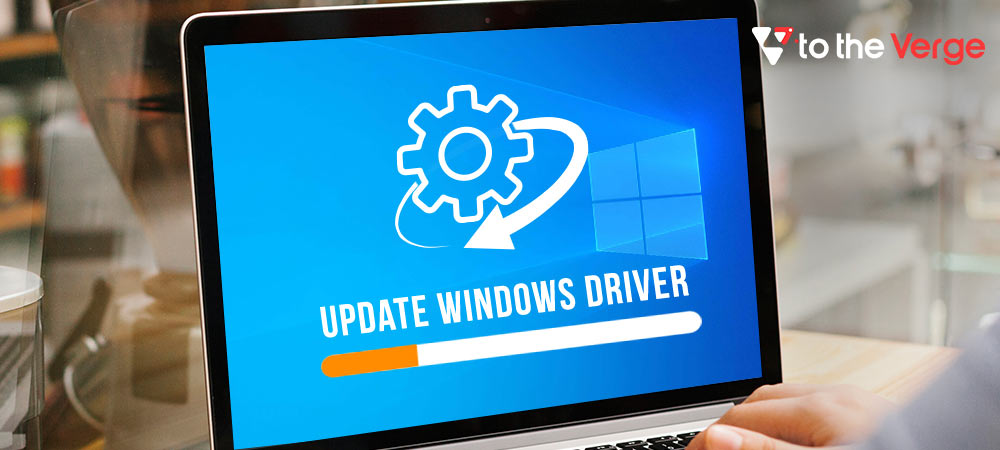The recent World Economic Forum (WEF) Annual Conference in Davos brought India’s regulatory uncertainties for the crypto sector to the forefront. Ashish Singhal, CEO of CoinSwitch Kuber, emphasized the government’s policy conundrum in the industry.
To address the regulatory uncertainties in India’s cryptocurrency market, CoinSwitch CEO Ashish Singhal has advocated for clearer standards.
“Users don’t know what’ll happen with their assets—is the government is going to prohibit, not ban, how will it be regulated?” said Ashish Singhal. Regulations will bring more comfort and certainty.”
The Crypto platform CoinSwitch, which is valued at $1.9 billion, claims to be India’s largest cryptocurrency startup, with over 18 million customers. The Bengaluru-based crypto platform is supported by Andreessen Horowitz, Tiger Global, and Coinbase Ventures.
While the Reserve Bank of India supported a ban on cryptocurrencies given the risks to economic stability, the industry has interpreted the Centre’s decision to tax profits from them as a sign of endorsement by New Delhi.
He explained that a mechanism for tracking transactions and reporting them to authorities, as well as criteria for identity verification and the transfer of crypto assets, must be established.
The Davos summit has seen a significant presence of blockchain and cryptocurrency companies, the rep said, adding that while actions on taxation and certain advertising regulations had offered some relief, much more needs to get done, Singhal said, adding that India should adopt a set of rules.
These should include standards for proof of identity and transferring crypto assets, while India should put in place a framework for exchanges to track operations and report them to the relevant authorities if necessary.
While there is no official data on the scale of India’s crypto sector, CoinSwitch estimates that there are up to 20 million investors, with total assets of around $6 billion.
- Andreessen Horowitz
- Ashish Singhal
- Coinbase Ventures
- CoinSwitch
- Cryptocurrency
- Tiger Global
- World Economic Forum
Our aim is to chase the future, innovations, and the latest trends of all things tech. We love to interact with industry experts, understand their diverse and unique perspectives, and spread their ideas.







![How to Update and Reinstall Keyboard Drivers on Windows 10/11 [A Guide]](https://wpcontent.totheverge.com/totheverge/wp-content/uploads/2023/06/05062841/How-to-Update-and-Re-install-Keyyboard-Drivers-on-Windows-10.jpg)
